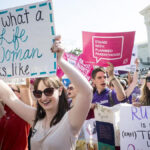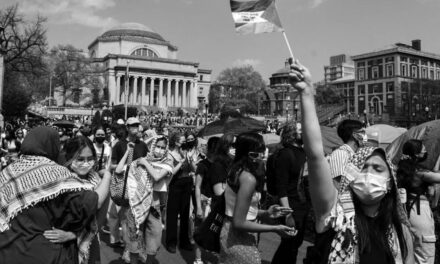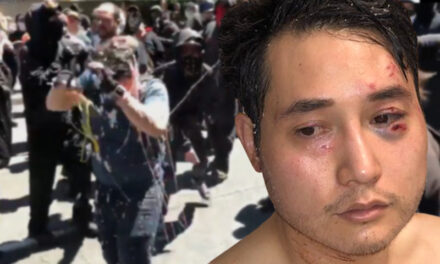
British Court Enables the Surveillance State Further – 420,000 Cameras Now in London
In Great Britain, police are using surveillance cameras and facial recognition technology to learn information about the public without a search warrant.
“By touching the screen showing your image, the police can have at their fingertips instantly a full dossier on you – your medical, financial, law enforcement, educational, personal, and employment records,” writes Judge Andrew Napolitano.
Studies suggest there are more than 420,000 surveillance cameras in London alone.
The full extent of the surveillance program was reveled during a recent trial – in which plaintiff Ed Bridges argued that police should not be allowed to scan a person’s face into their database without probable cause.
Police claim the database helps them catch wanted individuals and does not harm to innocents like Ed.
During the trial, investigators discovered that the surveillance system was never authorized by Parliament and that police had been charging people who purposefully hide their faces from the cameras.
The court sided with the police.
“People in Great Britain have have lost their right to be left alone,” says Napolitano. “The police can access anything about anyone on a whim without stating a reason. Can that happen here?”
In the United States, the federal government “already captures nearly every keystroke – even those that we think we have deleted – on every device used to transmit digital data on fiber optic cables,” notes Napolitano. “That covers every mobile, desktop, and mainframe device.”
Police departments throughout the US are using systems that attract cellphone signals from passersby – thus allowing them to track the movements of innocent people – and cops in major cities are using facial recognition databases to track down criminals. These methods were not approved by Congress or by local governments.
As Napolitano explains, the government and police seem to have assumed that Fourth Amendment rights apply only in the case of criminal prosecution, not to broad information gathering.
“The Fourth Amendment was written expressly to prohibit what British police are doing to the British public and what American police and the National Security Agency are doing to the American public – commencing investigations of the innocent without suspicion.”
Napolitano’s comments highlight the urgent need for consumer privacy laws.
Despite broad support from both sides of the aisle, Congress has failed to present a proposal.
“We’ve been talking for what, two years about a privacy bill?” says Senator John Kennedy (R-LA). “Haven’t seen one, don’t know if we’ll ever see one.”
In the meantime, police departments, social media companies, and others will continue to gobble up our personal data with no effective solution to store it, dispose of it, or protect it from hackers.
Editor’s note: I hate to say it, but the Brits are descending into the depth of Orwell’s 1984 surveillance state. In America we are not perfect on privacy yet, but at least we are still having the conversation. One must realize that while Europe is composed of free nations, they do not have all of the freedoms that we have spelled out Constitutionally.
As Ben Franklin said “It’s a Republic, if you can keept it.”



























London’s one of the stabbing capitals of the world right now, but still sad to see the surveillance thing growing…
INGSOC forever!